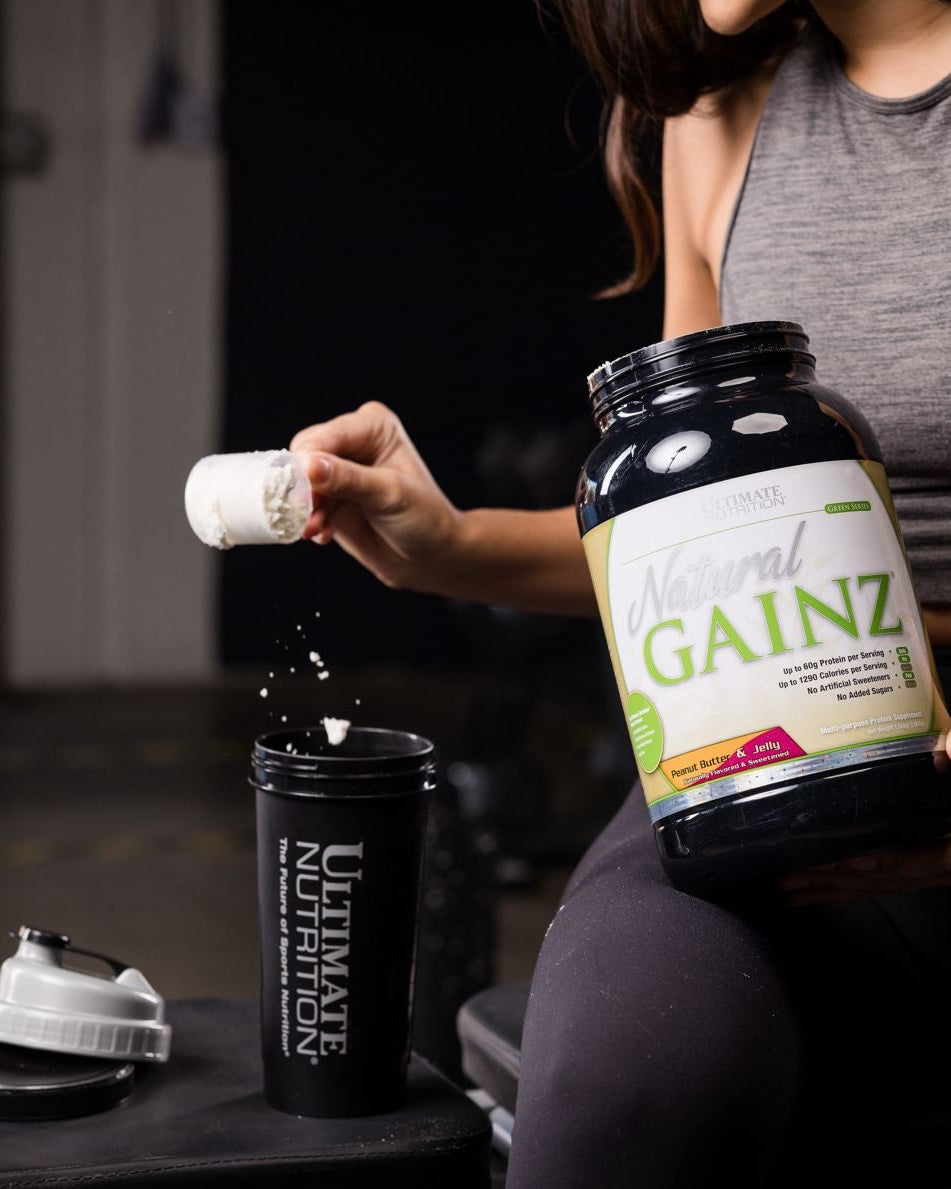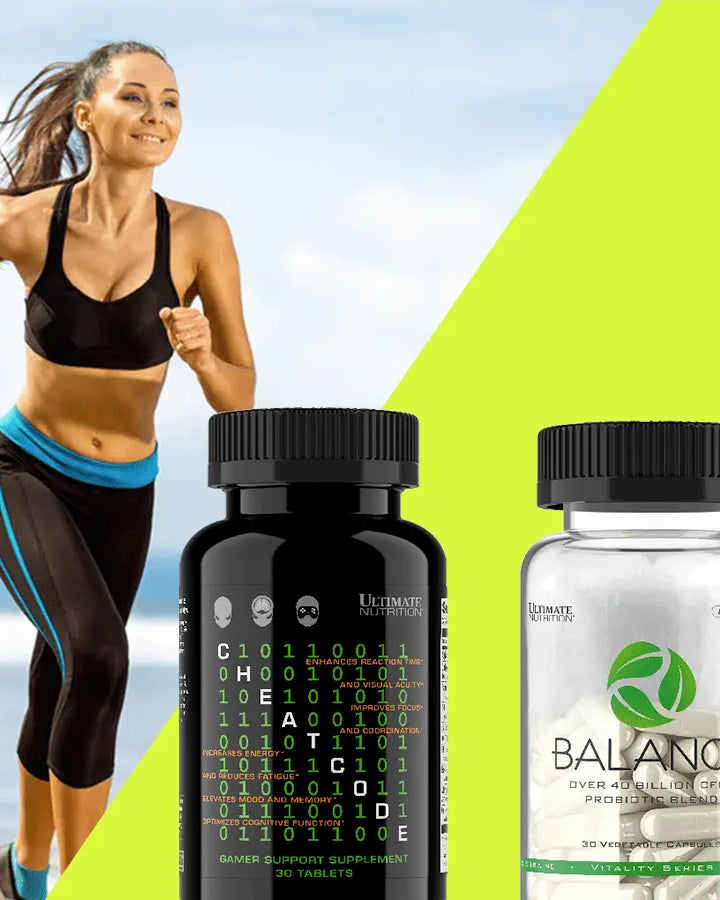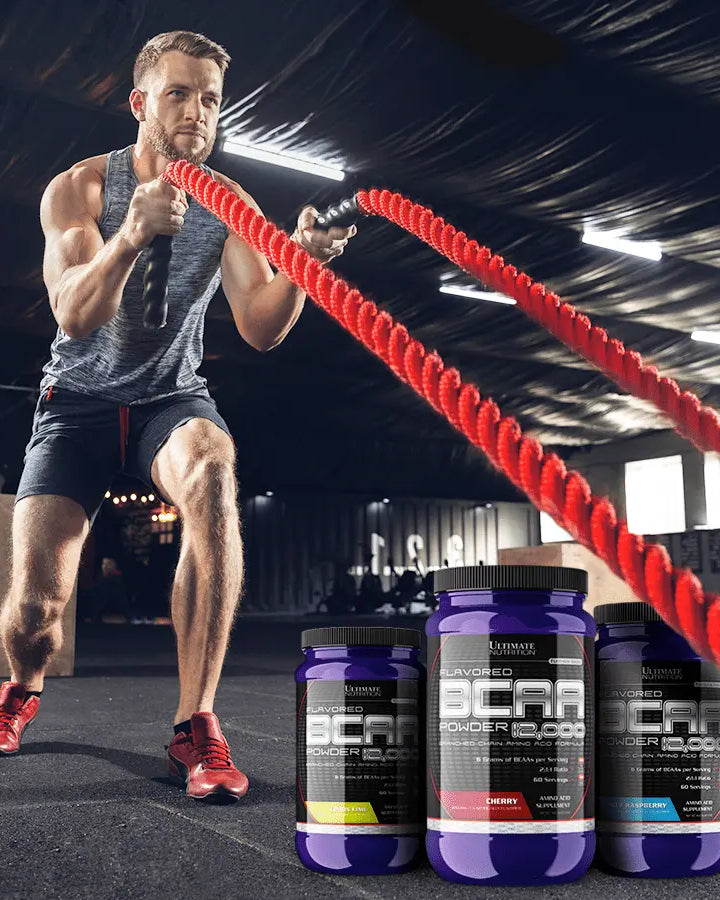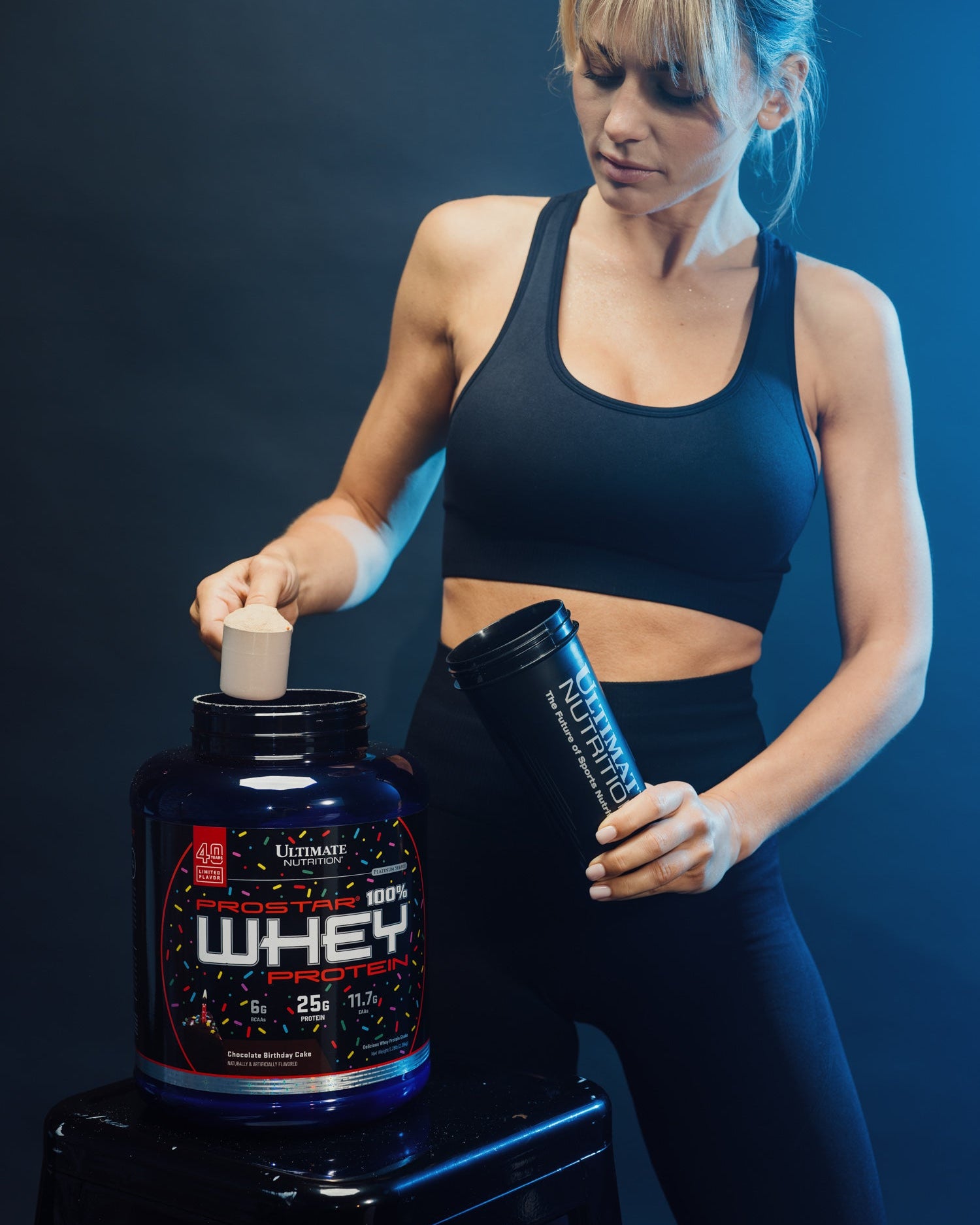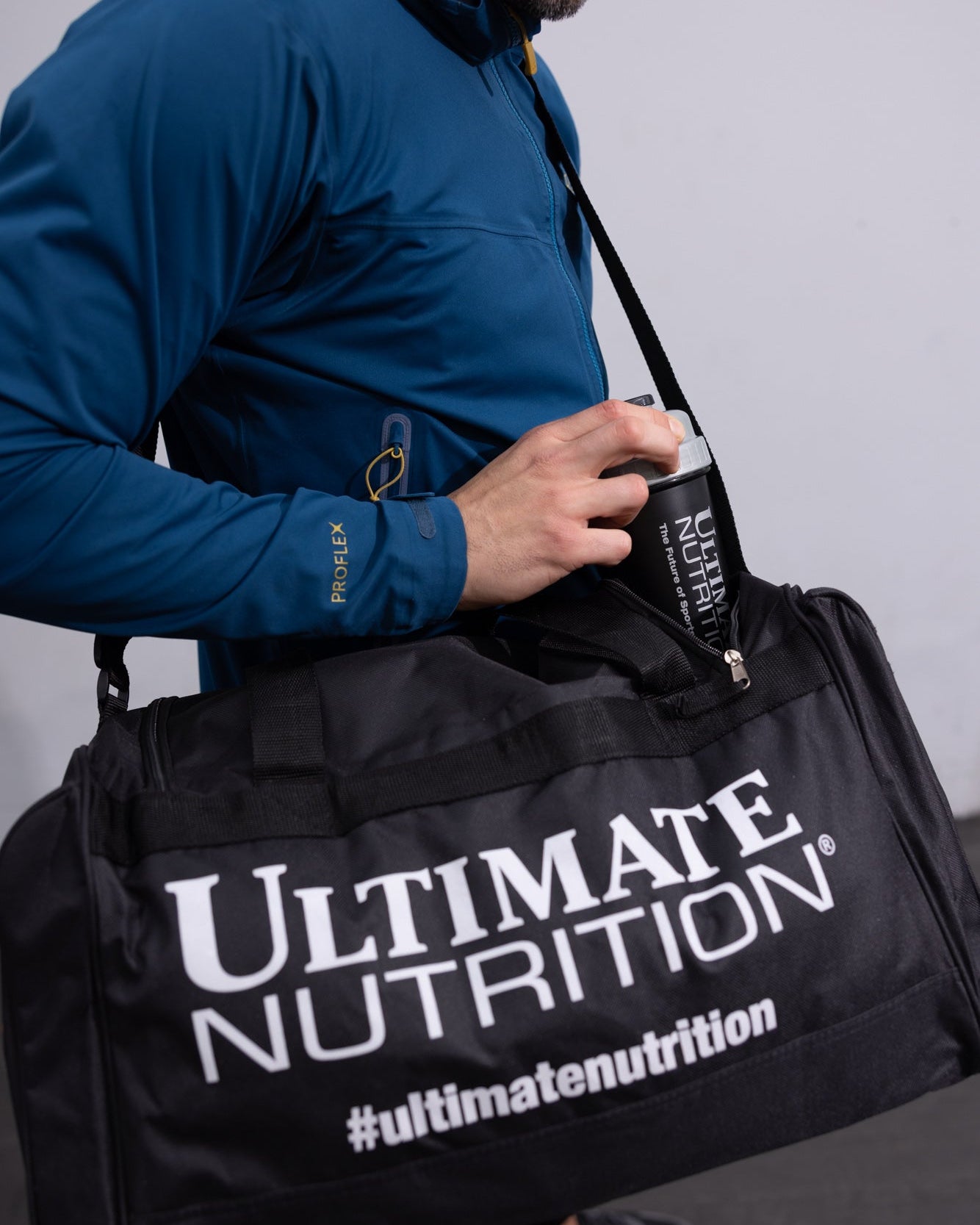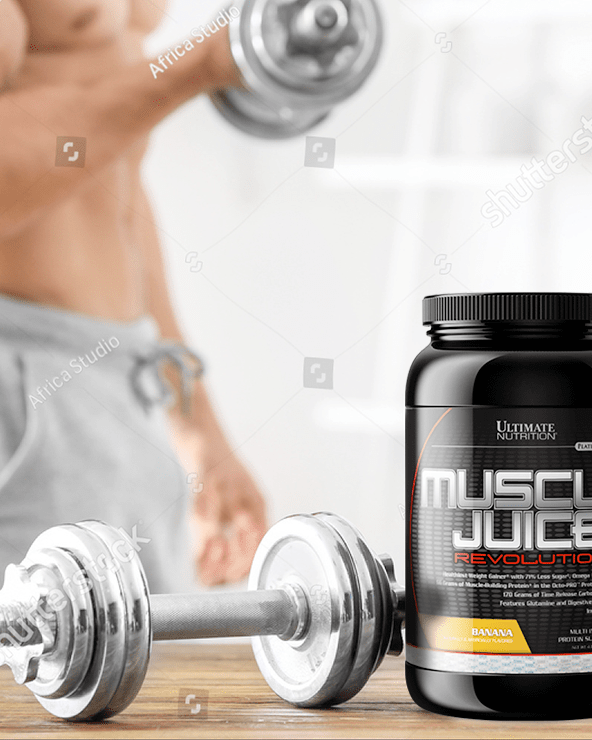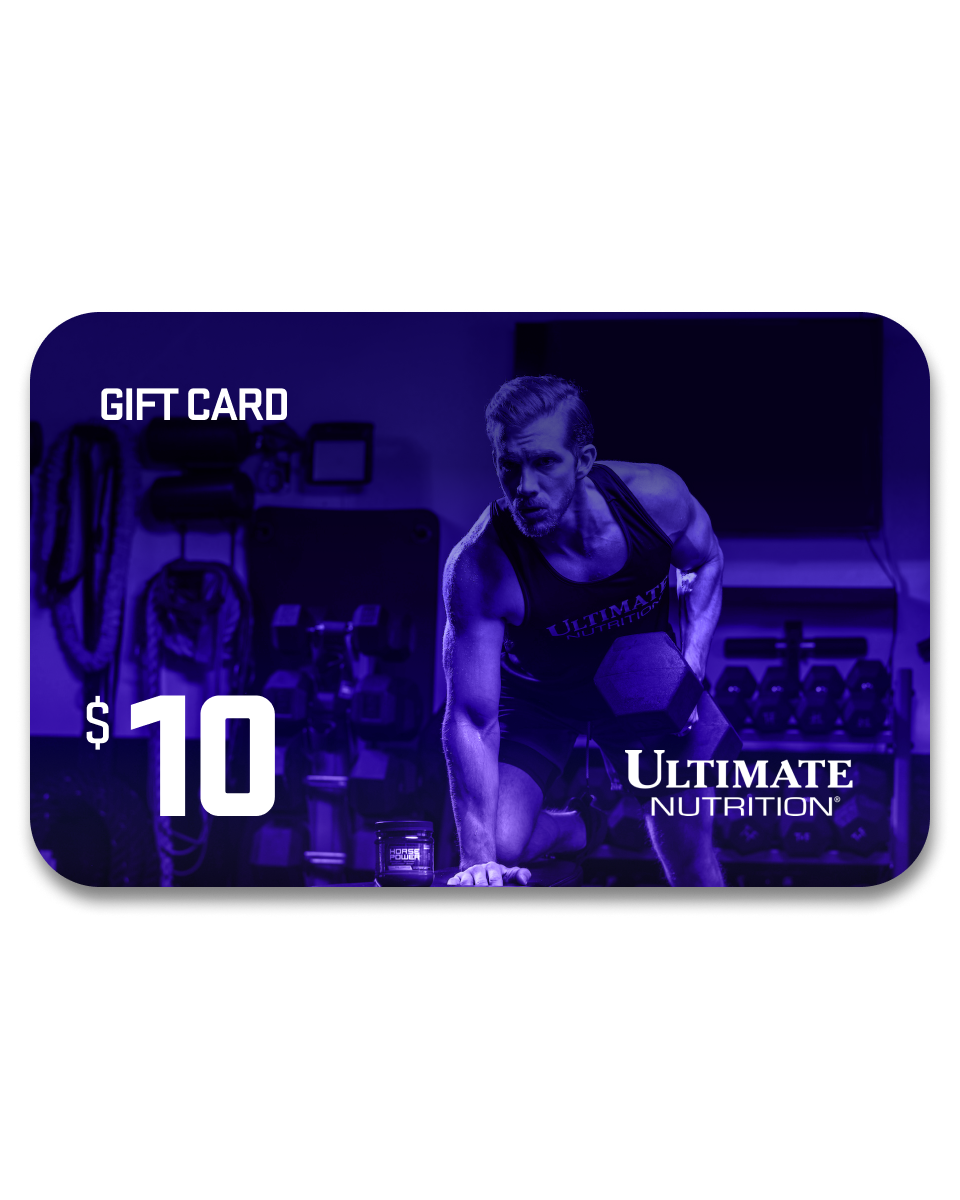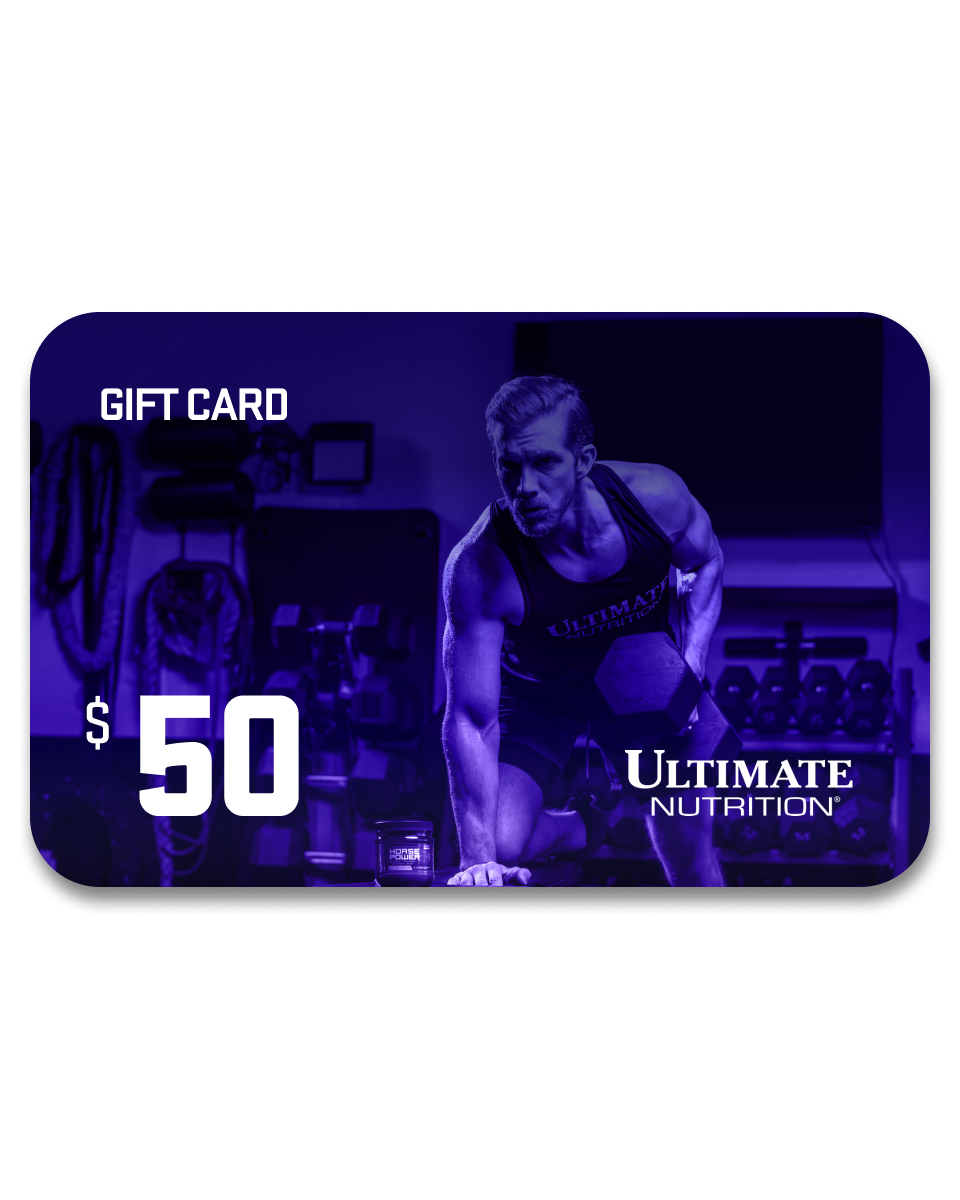Protein is a basic building block of the human body, and an essential nutrient for healthy bones, skin, and muscle. It's mainly found in meat, dairy, beans, and nuts, and a well-balanced diet contains all the protein the average person needs in daily life.
However, there are two reasons you might want to up your protein intake. First, a high-protein diet is useful for weight control, as your body gains all the nutrients it needs without the extra calories introduced by fats and sugars.
Second, extra protein is useful if you're looking to increase your muscle mass or improve your strength and stamina. Proteins are efficiently converted to muscle fiber when consumption is combined with strength training such as weights or circuits.
Increasing your protein intake can also speed recovery after a workout, as your muscles have the raw materials readily available to repair themselves more quickly.
If you're looking to consume more protein without necessarily eating more food, there's a simple solution. Protein powders can be used to make healthy, tasty shakes that work as meal replacements or supplements, delivering concentrated proteins that your body can use quickly and efficiently.
There are five main kinds of protein powder available, each with their own properties and benefits.
Whey Protein Powder
Whey protein powder is based on milk, and is most often a by-product of cheese making. It's highly nutritious, containing all the amino acid types you need in your diet, and it's also easy to digest.
Whey powder is available in two main forms. Whey Protein Concentrate is the basic variety, with a protein level of 80%. It contains small amounts of lactose and fat, which gives it a relatively high calorie count.
Whey Protein Isolate is a purer form, with a protein concentration of around 95%. It's also virtually free from fat and lactose, and so very low in calories.
Casein Protein Powder
Casein is also a dairy-based protein product. However, it contains high levels of glutamine, a particular type of amino acid that is said to speed up muscle repair. This makes it a good powder to take directly after vigorous exercise.
Casein powder contains around 80% protein, which is released more slowly and steadily than with whey powder.
Soy Powder
As it's based on plant proteins, soy powder is good for vegetarians, vegans, and people with lactose intolerance. However, it still contains all the essential forms of amino acid, making it a complete protein supplement.
Pea Protein Powder
Another plant-based powder, pea protein contains a full range of amino acids. However, it's particularly rich in arginine, an amino acid that improves circulation and reduces blood pressure.
Hemp Seed Powder
As well as being a good source of proteins, hemp seeds are also high in essential fatty acids including omega-3 and omega-6. This makes hemp protein powder a great option for people with restricted diets through food intolerances, allergies, or ethical choices.
Conclusion
All of these powders can work well for both weight control and muscle gain. However, be aware that although they are often sold as medical supplements, protein powders are not regulated. Always buy them from a reputable source, and check the ingredients list before consuming to make sure there are no unwanted additives.
A balanced diet is always the best route to physical health. However, if you need to increase your protein levels for weight control or to boost muscle mass, protein powders make a safe and convenient supplement that can deliver fast results.

